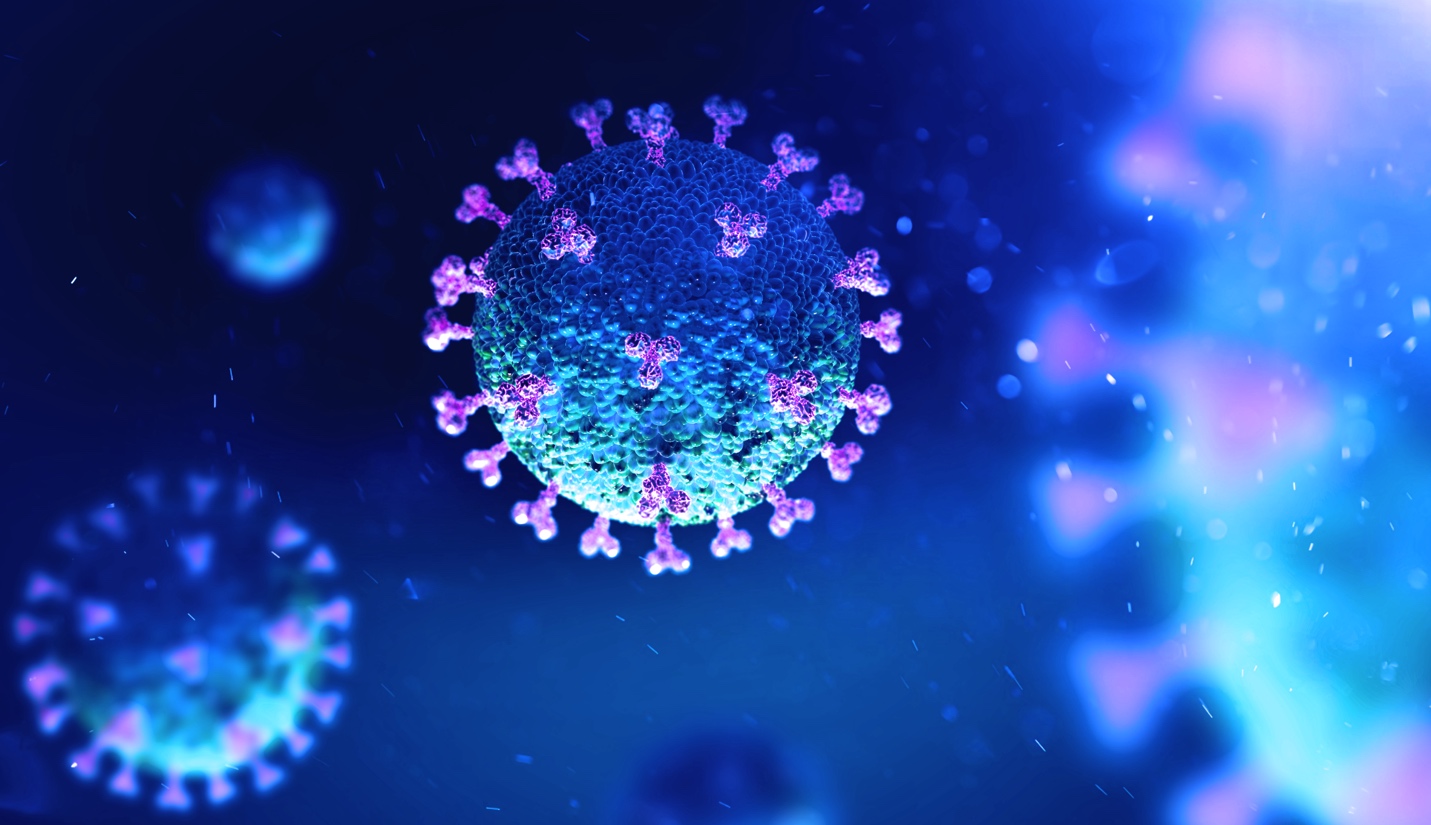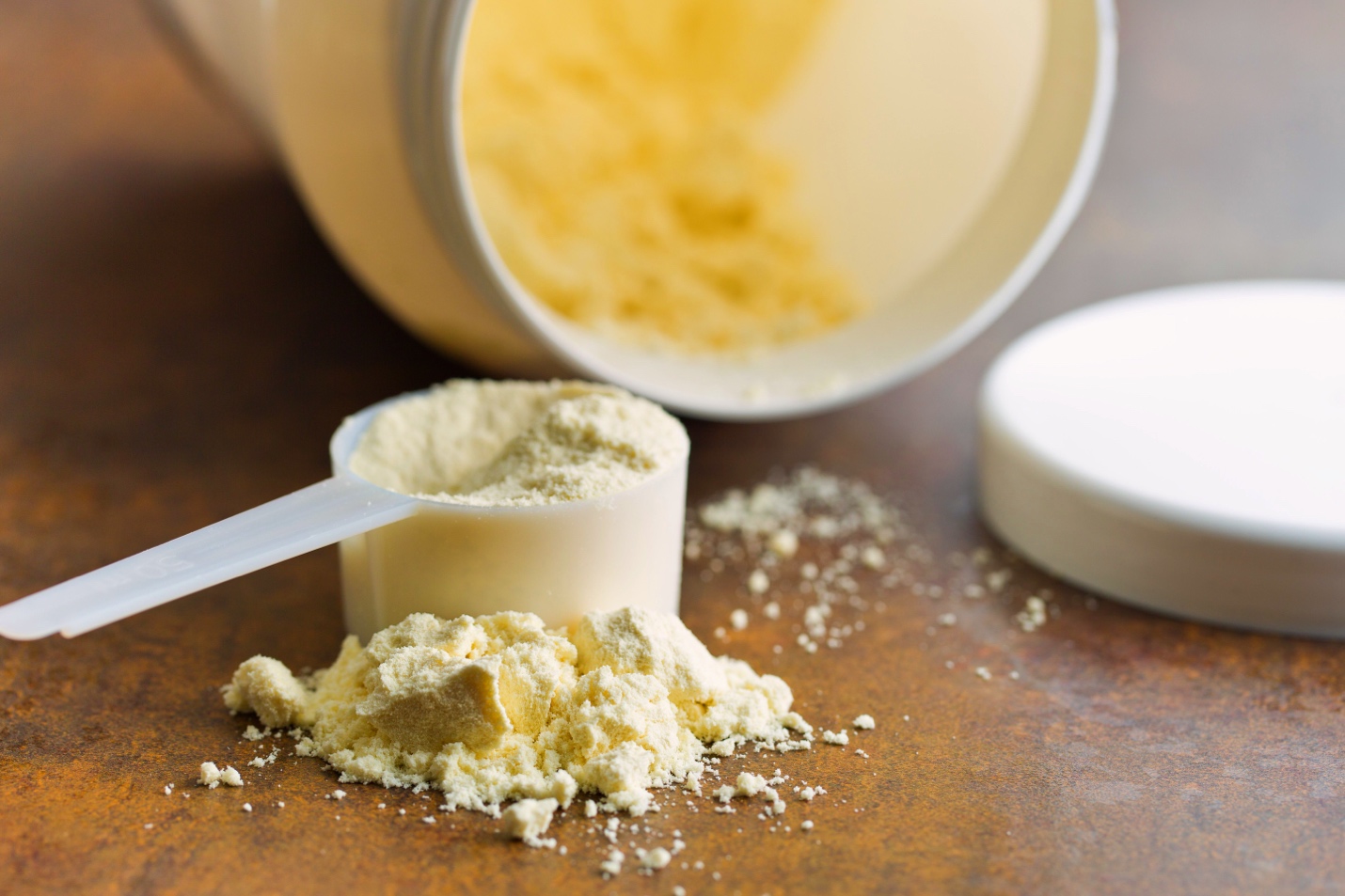©2014-2026 Penscott Management Corporation. All rights not expressly granted herein are reserved. The APO E Gene Online Program™ and the APO E Gene Program™ are part of the APO E Gene Diet®, which is a registered trademark of Penscott Corporation.
Information on this website is intended for informational purposes and is not a substitute for medical advice, diagnosis, or treatment. Learn more.
Unveiling the Truth About Processed Proteins
In today's fast-paced world of fitness and nutrition, protein powders have gained immense popularity. These powdered supplements promise to help build muscle, aid in weight loss, and provide a convenient source of quick protein. Beneath the allure of all this convenience, there lies a web of potential danger and deception associated with protein powder consumption that consumers need to be made aware of.
The Rise of Protein Powders
Protein powders have become a ubiquitous presence in gyms, health food stores, and even everyday kitchens. Their appeal is undeniable — they offer a quick and easy way to increase daily protein intake essential for muscle repair, healing immune function, and overall better health. The question that needs to be asked is, “Do the benefits of protein powder outweigh the incredible hidden risks?”
The Impact of Processed Protein Powders on the Immune System

Consuming processed protein powders laden with artificial additives and contaminants can potentially compromise the immune system. Toxic substances and chemicals in low-quality powders may trigger serious inflammation, weaken immune response, and lead to the development of disease. Opting for clean, high-quality protein sources, such as whole foods, is a healthier choice to support a healthy immune system.
The Dark Side of Protein Powders - Toxic Chemicals and Additives
Many protein powders undergo extensive processing, during which they are exposed to various chemicals. Chemicals may include artificial flavors, sweeteners, and preservatives, which can have harmful effects on the body. In some cases, protein powders have been found to contain heavy metals like lead, arsenic, and cadmium, posing serious health risks.
I want to provide more information on these protein powders and heavy metals and how they can affect the APOE genotypes.
APOE Gene and Neurological Health
The APOE gene comes in different variants, the most common being APOE e3. However, some individuals carry the APOE e2 and the APOE e4 variant, which is associated with a higher risk of neurodegenerative conditions such as Alzheimer's and Parkinson’s disease. Research suggests that individuals with the APOE e2 and e4 variant may be more susceptible to the adverse effects of heavy metal exposure in protein powders potentially increasing their risk of neurological issues.
The Clean Label Project's Eye-Opening Findings
The Clean Label Project, a nonprofit organization dedicated to promoting transparency in consumer product labeling, conducted extensive research on various protein powders available in the market. Their results were startling, revealing a host of concerning issues.
Protein powders have surged in popularity as a convenient source of protein for fitness enthusiasts and health-conscious individuals. Beneath the veneer of these powdered supplements, however, lies a web of deceit and potential danger, particularly concerning toxic chemicals and their implications for neurological health. Recent findings from the Clean Label Project adds another layer to this concern, highlighting the connection between APOE gene variants and potential neurological risks associated with protein powder consumption.
Heavy Metal Contamination
In the study many protein powders were found to contain high levels of heavy metals, including lead, arsenic, and cadmium. These toxic substances, when consumed regularly, can accumulate in the body and lead to a range of serious health problems.
Pesticide Residues
Some protein powder supplements were found to contain pesticides, which can have adverse effects on health, particularly if consumed in large quantities over time.
Industrial Chemicals
The study uncovered the presence of industrial chemicals and contaminants in certain protein powders, posing a higher risk to consumers' health.
The Hidden Dangers of Protein Powders
These findings highlight the potential risks of consuming protein powders that aren't rigorously tested and certified for purity. Heavy metal exposure, even in very small amounts, can lead to serious health issues, including neurological damage and increased risk of cancer.
Processed Animal Proteins
Not all protein powders are created equal, and some contain animal-based proteins that are highly processed and laden with disease-promoting substances. These proteins are often derived from factory-farmed animals that are exposed to chemicals, antibiotics, injected hormones, and an unhealthy diet. Consuming such proteins can introduce harmful disease promoting chemistries into your body.
Inflammatory Fats and Sugars
Protein powders can contain hidden sugars, unhealthy fats, and inflammatory additives that can contribute to a host of health problems. Excessive sugar consumption is linked to obesity, diabetes, and heart disease, while unhealthy fats such as trans fats and saturated fats can raise cholesterol levels and increase the risk of cardiovascular disease and stroke.
The Illusion of Health
Protein powder marketing often promotes an image of health, fitness, and vitality, however, consuming these processed supplements as a healthy protein source can lead to serious illness — the opposite of its advertised purpose.
A Healthier Path

It's essential to recognize that protein powders are a highly processed food product and are misused mainly for their promise of better health and convenience. Use of these powders raises serious concerns for the health that it is supposed to be improving. The pursuit of a healthier diet and lifestyle should prioritize whole, unprocessed foods, mainly wild fish and plants, that are fresh and nutrient-rich sources of protein.
Navigating a Balanced Diet
Whole Food Proteins
Lean meats such as wild fish, some poultry, legumes, nuts, seeds, and plant based dairy alternative products are excellent sources of protein. They offer a wide array of nutrients and are far less processed than protein powders.
Balanced Meals for Your APOE Gene
Creating balanced meals for your APOE gene that include high quality whole food proteins, whole grains, anti-inflammatory fats, vegetables, and fruits ensures a diverse intake of nutrients. Limit your consumption of heavily processed foods, which often contain inflammatory additives, sugars, and unhealthy fats.
Taking Control of Your Health
The dangers of protein powder consumption lie not only in the supplements themselves but also in their misuse. Educate yourself about the products you consume, prioritize whole, fresh foods, and avoid all processed protein supplements. Your long-term health and well-being depend on the choices you make today. Remember, your body deserves the nourishment that only whole, unprocessed foods can provide.
Pamela McDonald, FNP
ApoEGeneProgram.com



